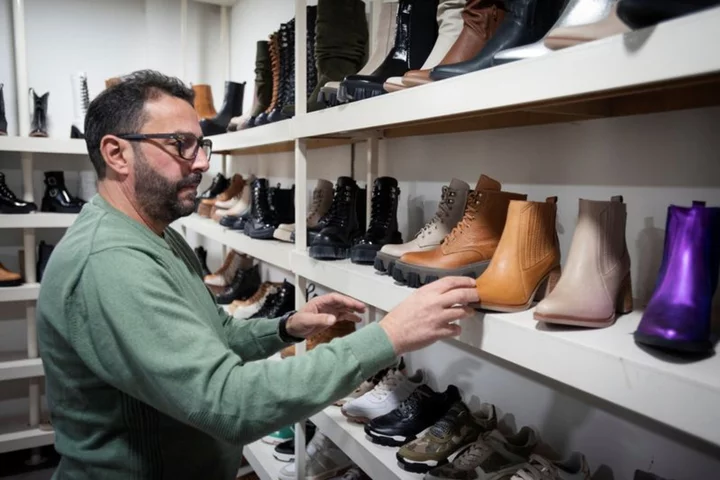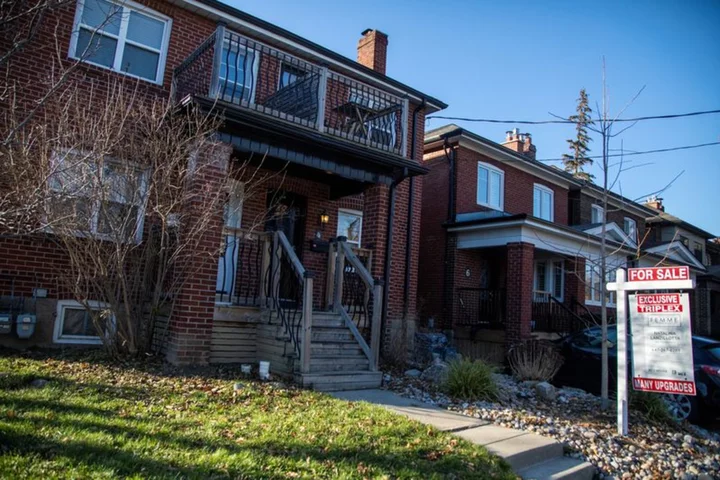By Horacio Soria
BUENOS AIRES In Juan Capano's shoemakers' workshop on the outskirts of Buenos Aires, 109% inflation makes a painful daily impact: constantly changing input costs for the leather, laces and rubber that workers assemble into boots at whirring machines.
Argentina is battling one of the highest inflation rates in the world, with prices growing faster at any time since 1991, raising the specter of hyperinflation and full-blown economic crisis. Four in 10 people are in poverty, while strict currency controls mean dollars trade in unofficial markets at twice the price of the official rate, inflating the cost of imports.
"It is the worst moment for the footwear industry. The worst ever in terms of salary, production, in terms of everything," said 56-year-old Capano, recalling the hyperinflationary period of the early 1990s as the last such comparable time.
What it meant for small businesses like his, he said, was supplier prices changing almost daily. The clothing and footwear sector experienced the highest monthly inflation of all categories in April at 10.8%, data from statistics agency INDEC show. The overall rise was 8.4%.
"Suppliers all bill me in pesos and prices change every day. There are price lists sometimes from important suppliers that we get daily, from others twice a week for sure," he said, adding that the difficult situation was compounded by high taxes and slower sales.
Despite shrinking profit margins and uncertainty, Capano said he wanted to avoid lay-offs among his 40 workers, a wider trend that has seen employment levels hold up, for now. Capano said he felt an obligation to support workers' families. Argentina also has strong labor laws that make it hard to fire employees.
Sales, however, have stalled as hard-hit consumers tighten their belts, Capano and others said.
"We sense people want to buy but they just can't afford to," said Gustavo Casabe, 57, a shoe store owner, who has been trying to spur sales by letting people pay in interest-free installments.
In a clothing market in the capital, traders pointed to higher import prices, given volatile exchange rates. The peso hit almost 500 to the dollar in parallel markets last month, while the official rate is around 231.
"Most of us work with imported goods, the fabrics are imported. Prices fluctuate all the time because of the dollar," said trader Susana Habib. "Your cannot have four or five different exchange rates. It's just impossible."
Shoppers said it was getting harder to afford clothing and fabrics as prices outstripped salaries. Sellers, meanwhile, pointed to changing habits, including more people looking to restore old clothes rather than buying new ones.
"I've seen people bring in a wedding dress so I can transform it into a quinceanera (fifteenth birthday) dress," said designer Maria Teresa Pedulia.
"I never used to fix clothes, but people fix clothes now because they cannot afford to buy them."
(Reporting by Horacio Soria; Additional reporting by Juan Bustamante; Writing by Anna-Catherine Brigida; Editing by Adam Jourdan and Rosalba O'Brien)









